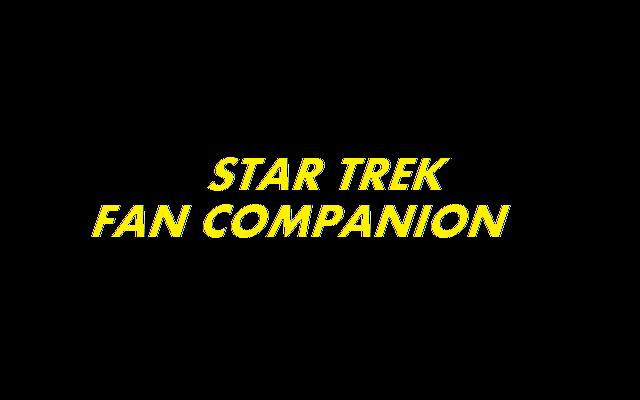I think if Star Trek II: The Wrath of Khan, or Star Trek Into Darkness, had never happened, "Space Seed" might eventually have been forgotten. In its own right, it's not really that memorable an episode. There are plenty of examples of other episodes where a random individual temporarily takes control of this or any other Enterprise/starship/space station. But Khan's enduring legacy easily elevates "Space Seed" to a kind of Star Trek immortality.
Just keep in mind that even given its historic importance, this is the rare essential adventure that you could also just as easily skip if you so chose. The original series has aged poorly in a lot of respects. It is very clearly a product of its time, and in its own merits "Space Seed" has not proven to leave anything lasting other than Khan's first appearance, and the first of two instances where Ricardo Montalban portrayed him (Wrath of Khan being the other).
And for the record, in case this has somehow escaped you, Chekov does not appear in this episode. He doesn't join the series until the second season. Strictly speaking, Khan shouldn't really recognize him, then, in Wrath, but given the questionable sense of continuity of the series in its early episodes, it doesn't really matter. Chekov's first appearance isn't anymore distinguished than any other character's. They appear in the first episodes they appear in. Circular logic, yes, but the rules of storytelling are far different in this era than they would be in ones that followed.
That's just one of the reasons you shouldn't take "Space Seed" too seriously. It's fun. But it's also the first of Khan's first two appearances that doesn't necessarily consider all aspects of its own logic, one of many reasons why Khan's legacy for so long was as obscure as it was iconic. The Eugenics War in the late 20th century, which seems to not have overlapped with the early 21st century WWIII that led to Cochran's warp flight, always had extremely tenuous definition (think the Clone Wars in Star Wars lore until the prequels). This was the point where Khan originally derived his notoriety. But he was forgotten by history all the same. Fortunately Starfleet employs historians (later confirmed in Next Generation), and so someone was still able to figure out who was onboard that Botany Bay sleeper ship.
But too late, naturally. Khan catches up to speed with everything that came after him, and then decides to take over the Enterprise, which he does easily, and seems to succeed in killing Kirk (in a scenario similar to the old James Bond cliche of giving him ample room to escape certain death). So this genetic superman is defeated and exiled on Ceti Alpha V. (Only to be completely forgotten. Once again.)
It's iconic but also weak storytelling. The fact that Khan returns makes everything about him infinitely more significant, especially since his movie appearance is much better storytelling, what makes him a true icon. It was serendipitous for movie producer Harve Bennett to have randomly selected him from the episodes he sampled preparing for the second film.
The idea of genetic manipulation was brought up again in the late development of Dr. Bashir in Deep Space Nine, and Khan's own kind showed up in Enterprise, which led to a link to the creation of Data. Taken with Khan's two movies, that's a considerable legacy for what is essentially just one of a whole series of standalone episodes where the events of one week didn't really have an impact on the next. That's the kind of inspiration that led to a much richer Star Trek landscape that at one time seemed entirely played out. But now, once again, appears to have unlimited potential. Sort of like Khan and "Space Seed."
The benefit of this episode existing is that it's possible to view the later Khan as a tragic figure. Almost.
franchise * series * essential * character
notable guest-stars:
Ricardo Montalban
